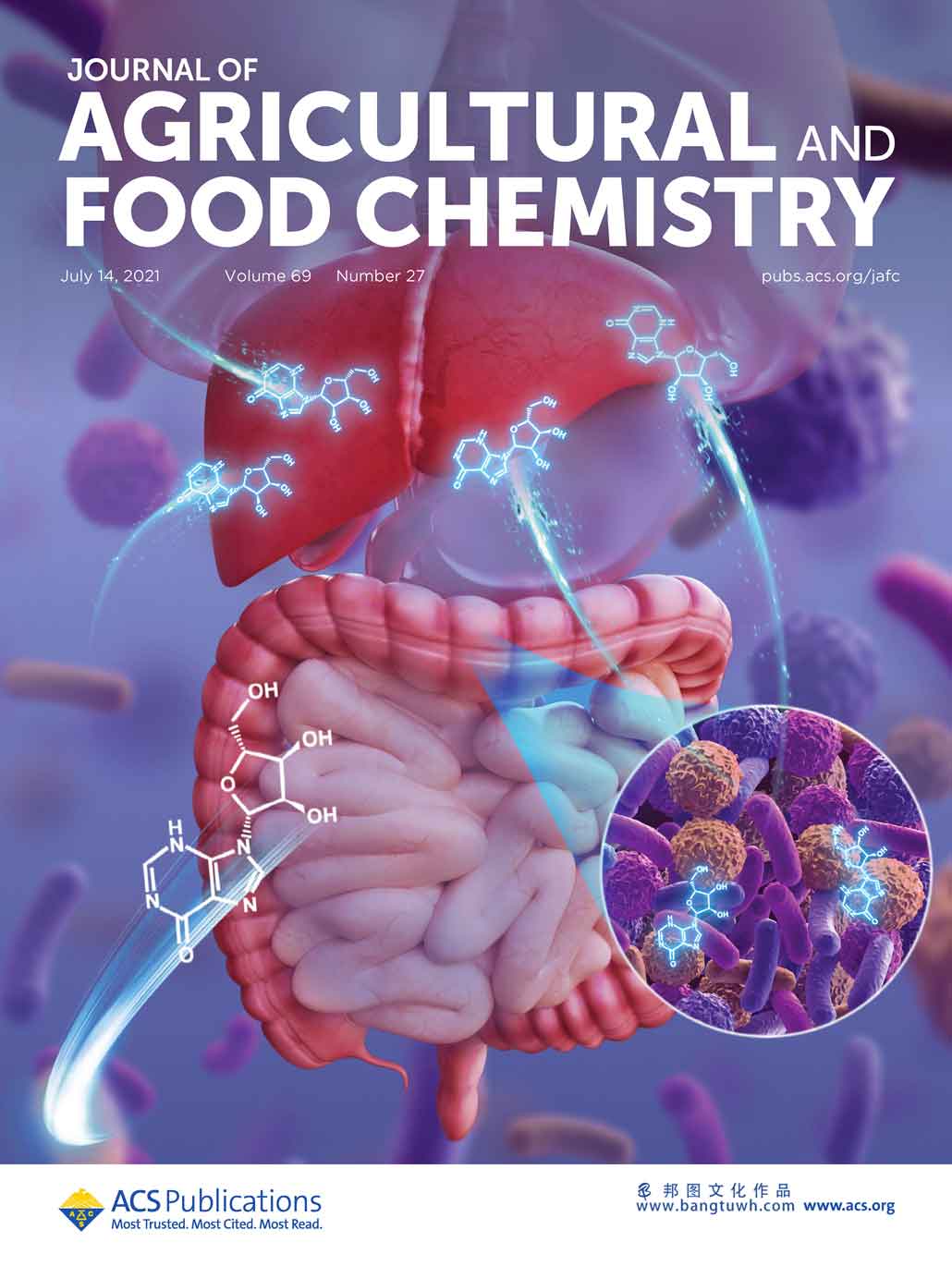科研绘图sci画图作图学术杂志封面设计toc示意图文章配图医学动画





this research assessed the anti-inflammatory and hepatoprotective properties of inosine and the associated mechanism. inosine pretreatment significantly reduced the secretion of several inflammatory factors and serum alanine transaminase (alt) and aspartate amino transferase (ast) levels in a dose-dependent manner compared with the lipopolysaccharide (lps) group. in lps-treated mice, inosine pretreatment significantly reduced the alt and malondialdehyde (mda) concentration and significantly elevated the antioxidant enzyme activity. furthermore, inosine pretreatment significantly altered the relative abundance of the genera, bifidobacterium, lachnospiraceae ucg-006, and muribaculum. correlation analysis showed that bifidobacterium and lachnospiraceae ucg-006 were positively related to the cecal short-chain fatty acids but negatively related to the serum il-6 and hepatic ast and alt levels. notably, inosine pretreatment significantly modulated the hepatic tlr4, myd88, nf-κb, inos, cox2, ampk, nfr2, and iκb-α expression. 


微信扫一扫,加设计师好友
17621261539
周一至周五8:30-18:00

提升“研值”

工作人员将在1个小时内联系您。


